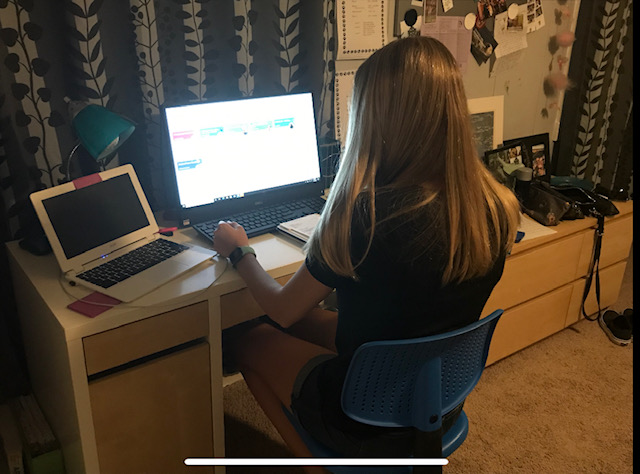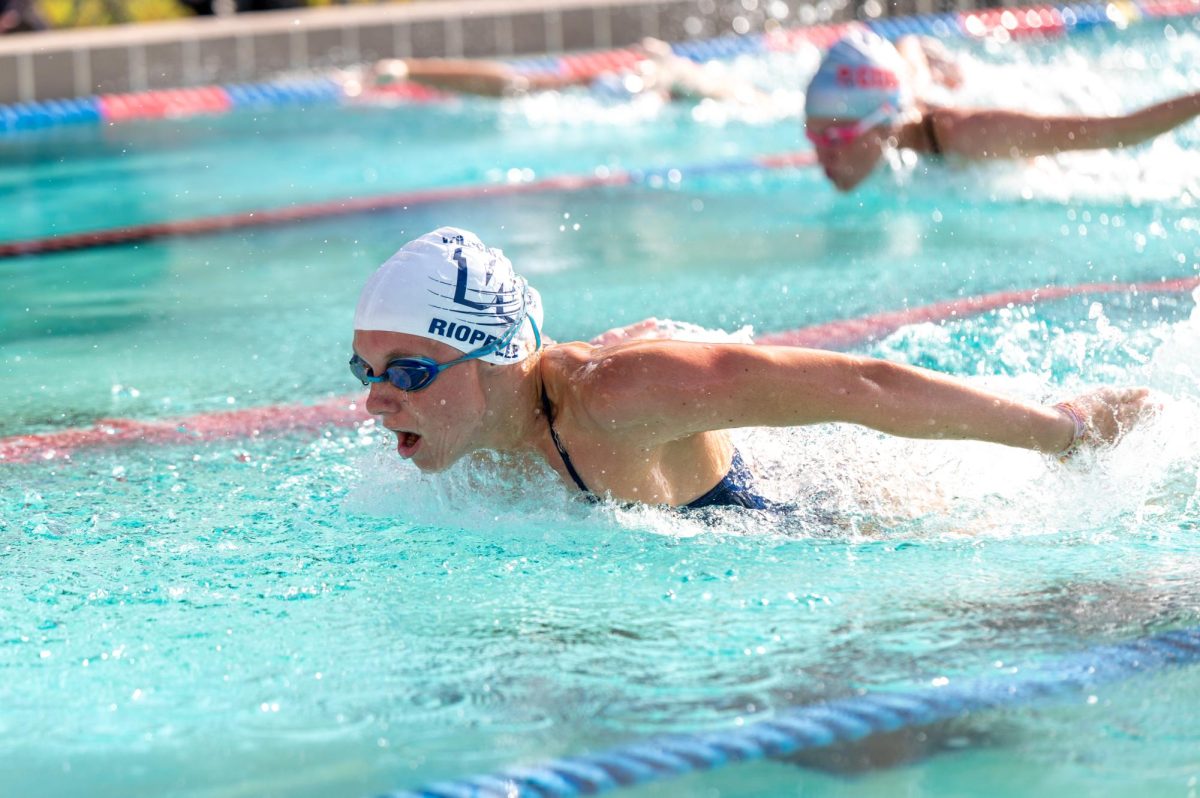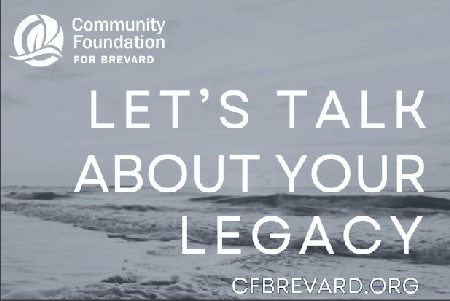E-learners learn to cope with isolation
September 11, 2020
Following a shortened school year, months of canceled summer plans and limited social contact, the format of school has changed drastically. Now, roughly 50 percent of students log onto a computer every morning to attend class, no human contact required.
“Things are going to be harder this year, for sure,” said adolescent therapist Amanda Mattick, who has a counseling practice in Melbourne. “Humans are naturally social creatures, and so to lack that contact, it really does make a big difference. People are going to feel that disconnect, and that could lead to some really serious issues in the mental-health department.”
Research from the University of Arizona shows these feelings may be more severe for junior and senior high students.
“Socially, and emotionally, this is huge,” West Shore guidance counselor Hannah Smith said. “When you’re at this age, those years are crucial to your social development. With e-learning, you don’t get that sociability, that human contact and it really can be detrimental to being a functioning adult. You can start to feel isolated, or cut off from other people.”
Junior Grace Peters struggles with the decreased social interaction.
“School has been a bit stressful and exhausting,” she said. “It’s been pretty rough. I haven’t been able to see my friends as much. I do FaceTime or text them, but it’s not quite the same as seeing people face to face in the morning or at lunch.”
Smith worries mental-health issues might arise for students who have not struggled with them before.
“A lot of people who used to be at a totally normal baseline are struggling for the first time ever,” she said. “They’ve never had these experiences before and they don’t know that being unable to fall asleep and being super-stressed about the world is an anxiety issue — they don’t know to get help, and more than that, they don’t know how to.”
Previous anxiety issues have become magnified during the pandemic.
“One of the things that has been really difficult is that I have some anxiety issues, and COVID is definitely not helping with that,” Peters said. “It hasn’t gotten to a point where it’s unmanageable yet, but it’s definitely gotten worse.”
Cancelation of clubs and social events also have an impact.
“These are huge parts of students’ identities,” Mattick said. “And when you strip that away, you lose that sense of community and that sense of self. The things you do are a huge part of who you are at this age, and it can be seriously painful to lose them so suddenly and without actually choosing to leave. That adds to the whole thing, the whole of feeling so isolated from the world.”
Mattick wants students to focus on the positives, however.
“E-learning and social distancing provides students with a lot of freedom,” she said. “That can be detrimental, but it could also really provide a lot of freedom. This will give students time and freedom to pursue things they might not have otherwise, and lets them build their own schedules around what works. Being alone also allows for greater introspection and self-awareness. It’s giving students a chance to really grow and learn who they are and what they want.”
Smith encourages students to be aware of their mental-health needs.
“Don’t be afraid to reach out,” Smith said. “[The guidance office] here for you guys, and I feel like more students need to know that. More students need to feel comfortable coming in and talking to us. We are able to do virtual meetings as well. Really what I want to be preaching this year is for students to take advantage of us. We’re offering free counseling and we can get you the help you need, be it with us or someone else. Needing help doesn’t mean anything’s wrong with you, everyone needs help occasionally, and everyone gets overwhelmed. We encourage you to do whatever you can to stay safe, healthy and happy.”
• Resources: National Suicide Hotline: 1-800-273-8255
• Brevard 2-1-1
• The Columbia Lighthouse Project





















































